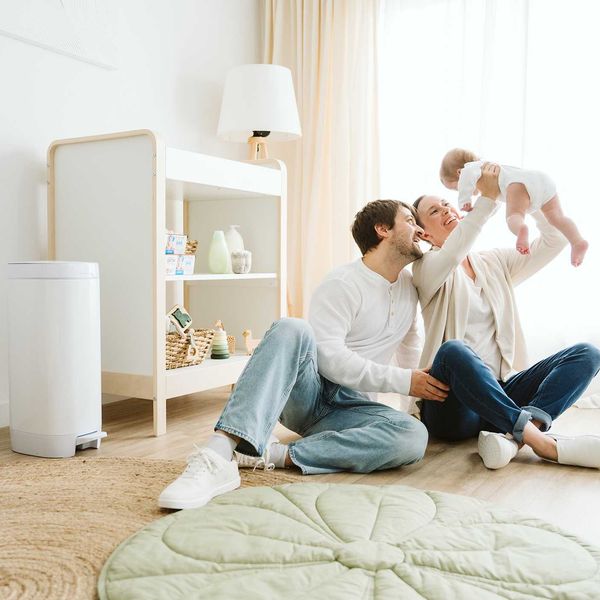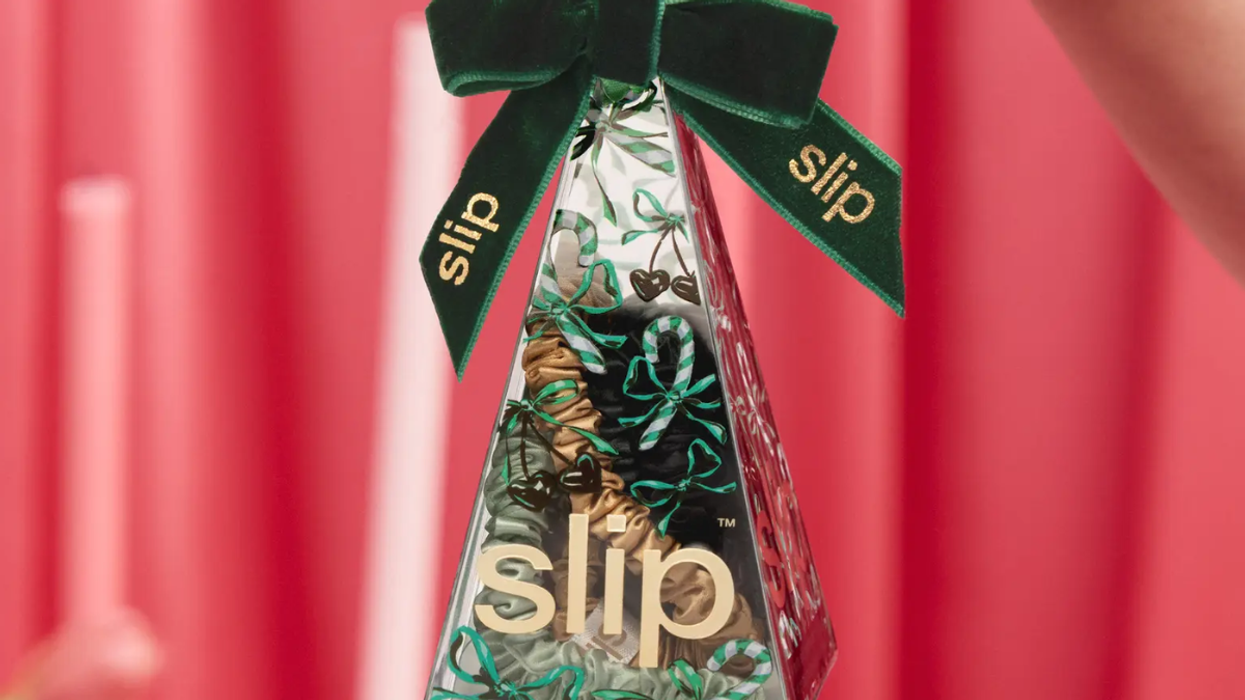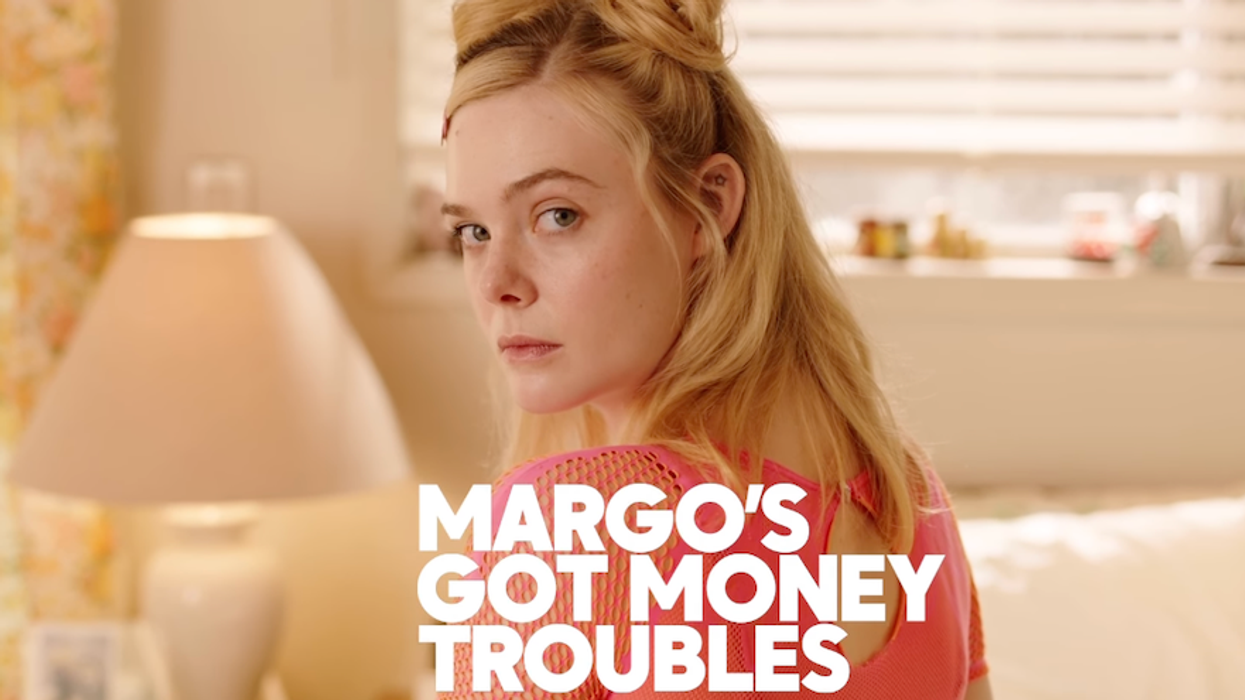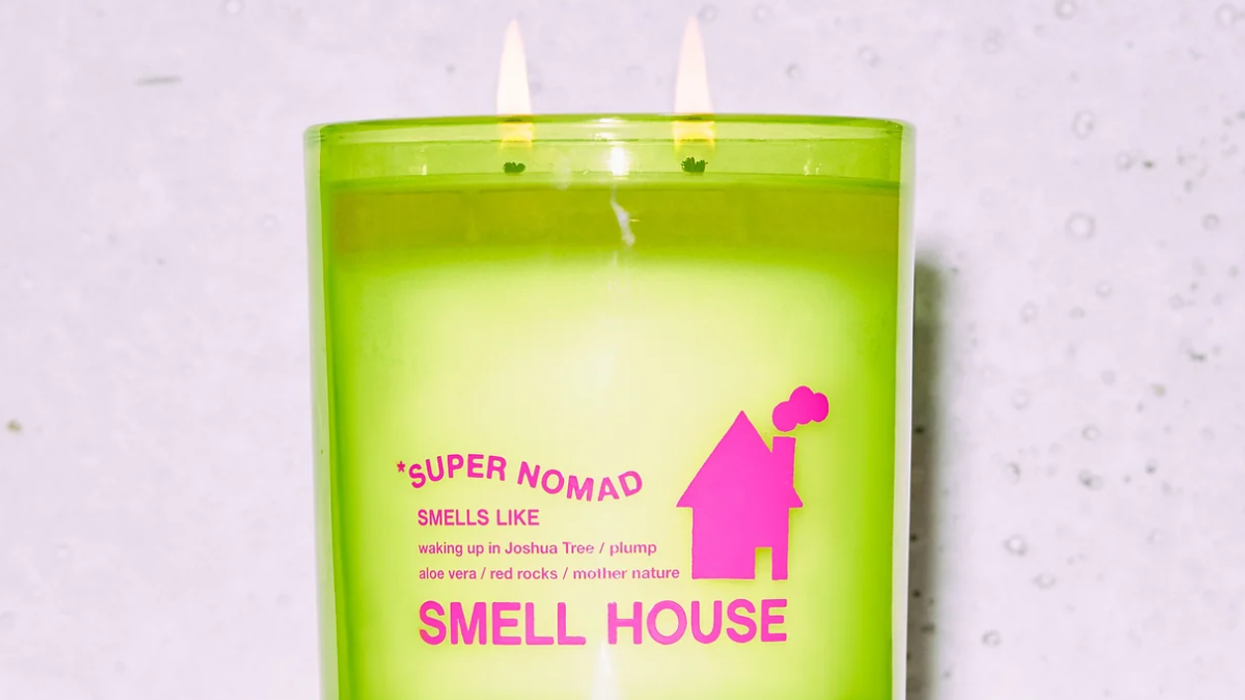Coffee and alcohol aren’t always off-limits.
6 Common Myths About Breastfeeding, Debunked
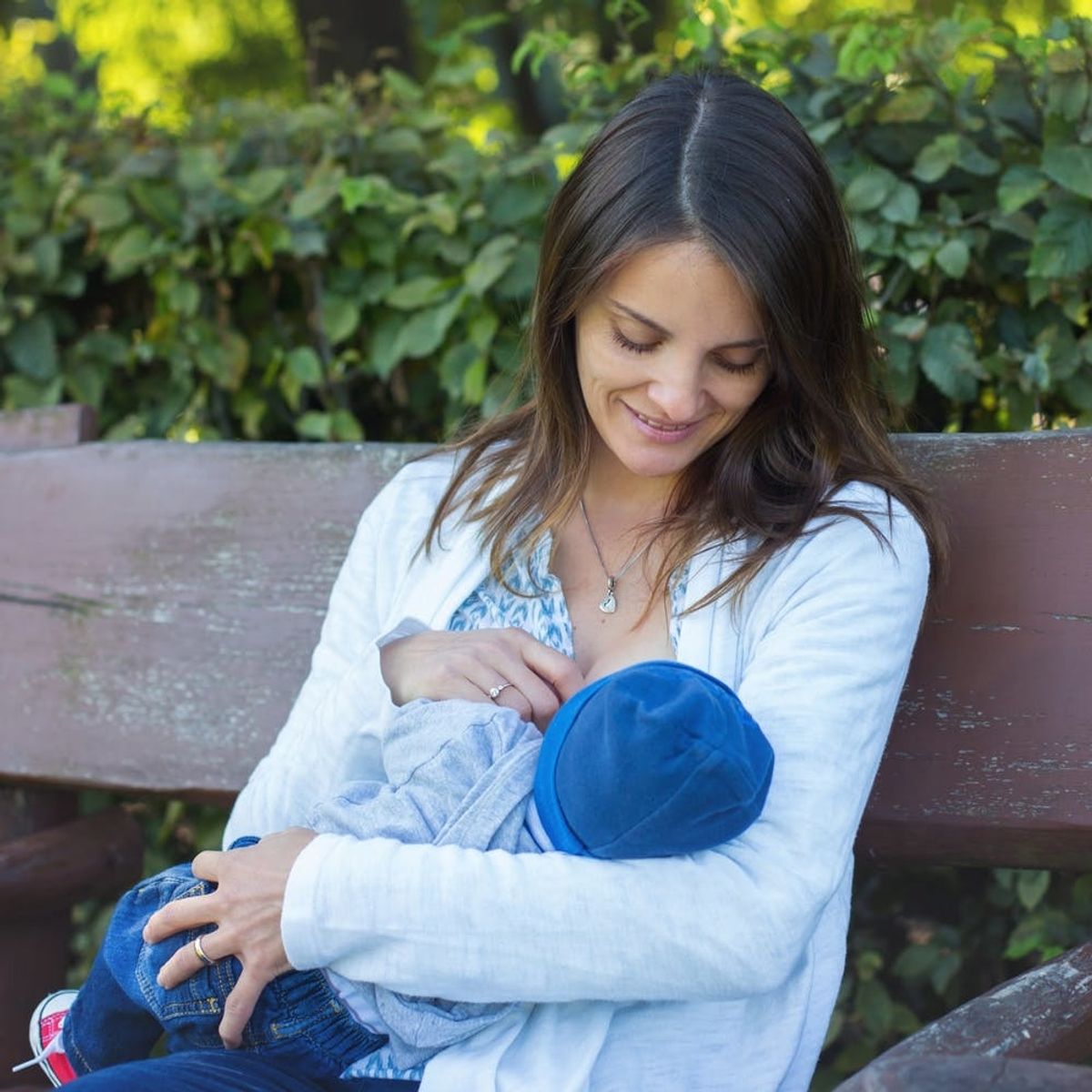
From reducing the risk of future disease and preventing SIDS to encouraging bonding through skin-to-skin contact, breastfeeding has many benefits for babies. It’s also known to be healthy for women: Experts say breastfeeding can speed up recovery after birth and even lower the risk of breast and ovarian cancers. It’s no wonder the American Academy of Pediatrics recommends breastfeeding for the first year of a child’s life!
Still, deciding how you will feed your little one is a big decision, and just because breastfeeding has benefits doesn’t mean it’s automatically the best thing for everyone. Before you make up your mind on the best method for you and your baby, it’s important to consider the facts and how they apply to your unique situation (and to trust your motherly intuition)! To help you separate fact from fiction, we busted five of the most common myths about breastfeeding.

1. You have to eat a lot more calories while breastfeeding. It’s true that on average, a breastfeeding mom needs 300-500 more calories per day to maintain her milk supply. So although a restrictive calorie-cutting diet could be unwise or even unsafe, there is no hard-and-fast rule when it comes to how much you should or shouldn’t eat while nursing your baby. According to KellyMom, it’s best for breastfeeding mamas to listen to and trust their bodies when it comes to eating habits. For example, when your little one is nursing more during a growth spurt, you may be hungrier, which could result in consuming more calories. But what you eat is ultimately up to you, as long as you and your baby are healthy.
2. Breastfeeding moms shouldn’t drink coffee. Many women believe they shouldn’t drink coffee because caffeine will accumulate in their baby’s system and keep them awake, which is understandable. But La Leche League calls this common myth’s bluff: Not only can you consume coffee while breastfeeding; it may actually be safe to drink up to five 5-ounce cups a day without impacting your baby! Though a bit of the caffeine you drink might transfer through your breast milk, chances that it would actually do any harm are low, since babies are likely to receive only one percent of the caffeine you consume.
3. You can’t drink any alcohol while breastfeeding. While experts say drinking alcohol during pregnancy is a definite no-no, it’s not as black and white for moms who are breastfeeding. The most important thing is to be careful and plan ahead. While the occasional one or two drinks aren’t shown to be harmful to nursing babies, it IS important to avoid excessive, frequent consumption and avoid breastfeeding until you feel neurologically normal. A good rule of thumb is waiting two hours after having a drink to nurse.
4. Alcohol increases milk supply. There’s an old wive’s tale that alcohol boosts milk supply and can be beneficial to babies, but unfortunately, it’s only folklore. The barley in beer (not the beer itself) may be helpful in milk production, but it’s not wise to use alcohol to stimulate supply. In fact, excessive alcohol intake can actually work against you by dehydrating you and reducing how much milk you produce.
5. It’s impossible to work and breastfeed. On the contrary! While going back to work means you will probably have to pump to maintain your milk supply (and, of course, provide food for the baby!), it’s not impossible to have a career and nurse. It just might take a little strategy and time. Keep in mind, however, if you plan to go back to work, experts recommend waiting at least six weeks to give your body a chance to recover after the amazing accomplishment of having a baby.
6. Breastfeeding is the only way to be a good mom. Whether you are thinking about becoming a mom in the future or you already are one, you have probably noticed that everyone has an opinion about everything — especially really personal topics like breastfeeding. It may have a lot to say, but the internet (or the lady who makes a comment in the grocery store aisle) doesn’t get to decide what’s best for your family. When it comes to taking care of your baby, only you know what’s best. So take some time to think about what “best” means for your family, and talk with your care provider about your options. If that means opting out of breastfeeding in favor of formula, so be it. We’re cheering you on!
What are your thoughts on breastfeeding? Tell us what you think @BritandCo!
(Photo via Getty)


